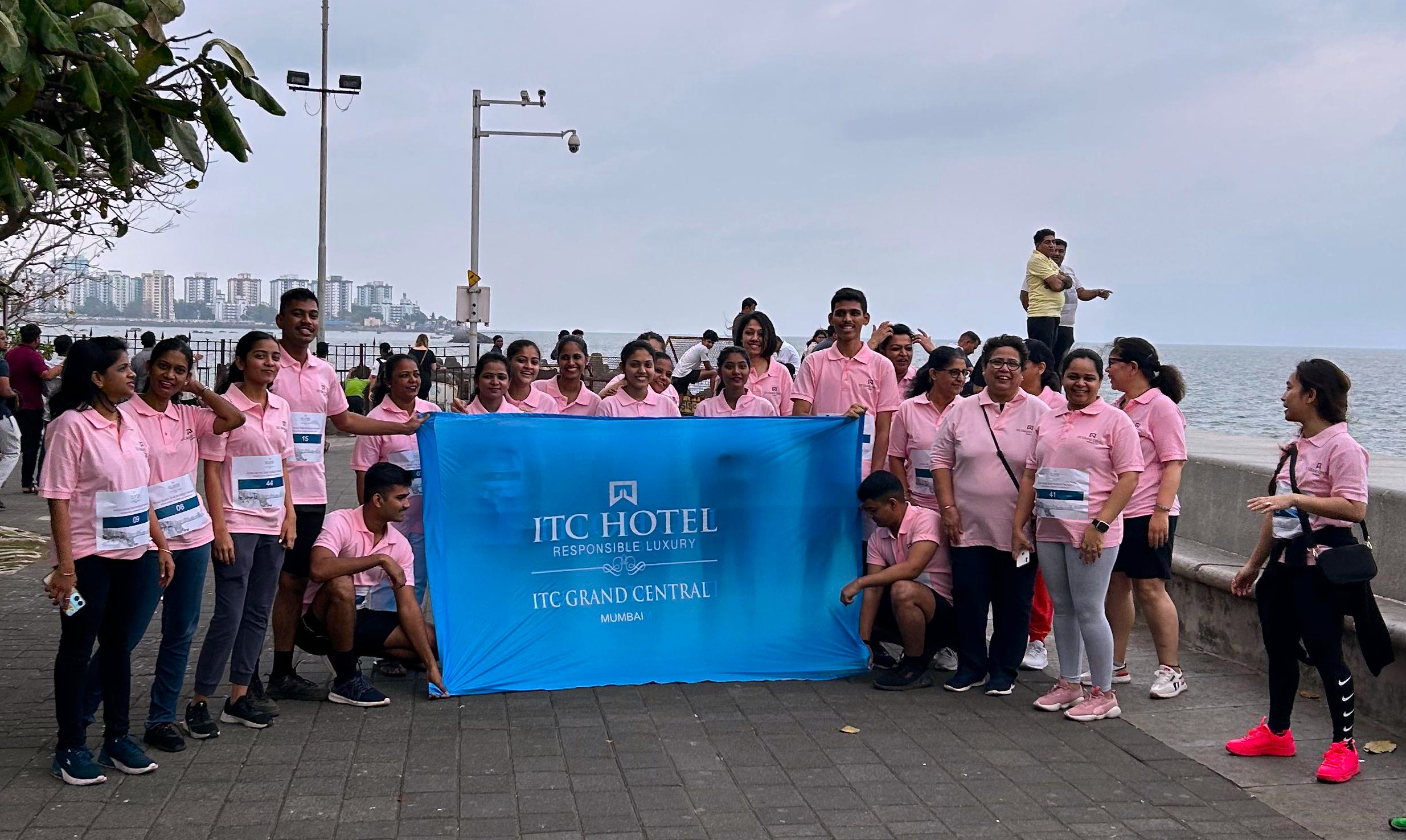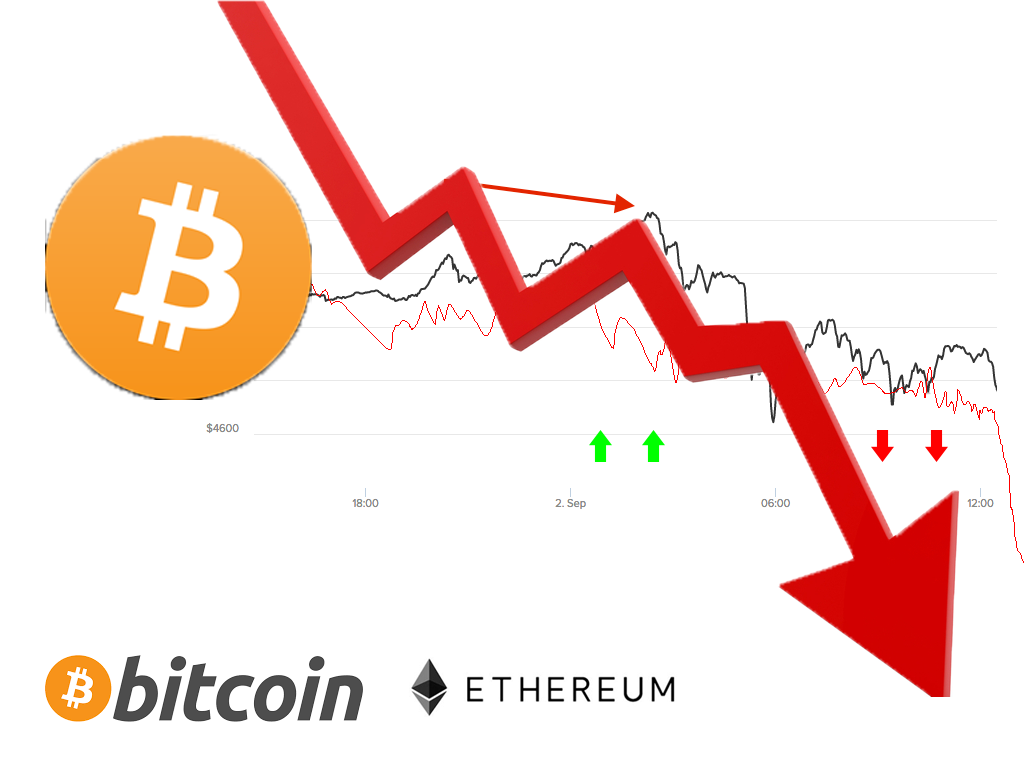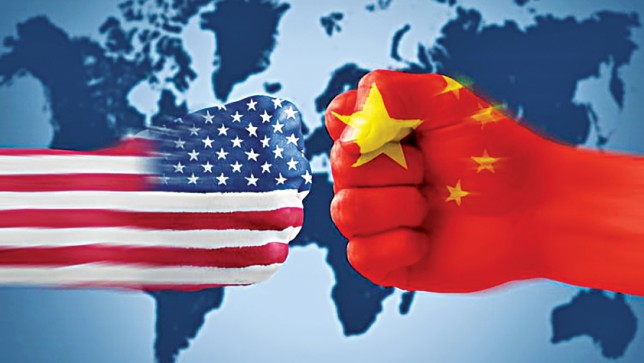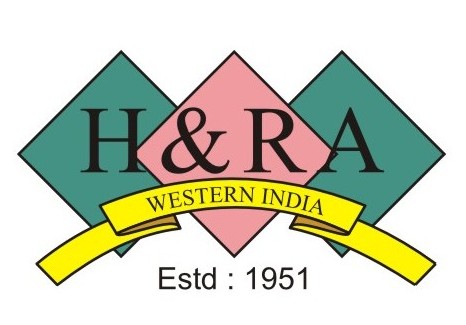Ethiopia is emerging as a global hub for pharmaceutical manufacturing. There is an opportunity for the investors to play a larger role in countries and African continent’s drug security.
In 2021 and beyond, the pharma industry is witnessing accelerated diversification of manufacturing hubs. Emerging pharma companies in Europe, Middle East and North Africa (MENA), and the wider African continent are investing in setting-up new plants in these economies. Increasingly, smart money is being deployed in the African continent.
In light of the above, Ethiopia offers new opportunities to pharma manufacturing units. With an annual growth rate of 15%, Ethiopia is the second largest country in Africa. It offers great market growth prospects.
His Excellency, Demeke Atnafu Ambulo, Consul General of Ethiopia in Mumbai speaking to Mumbai Messenger Newspaper said, “Ethiopian Government has declared pharmaceutical industry as priority sector. The country wants to become a pharmaceutical manufacturing hub by 2025. Ethiopia is one of the first African countries to develop a National Plan of Action for Pharmaceutical Manufacturing Development.”
The country’s strong economic growth, improvements in the delivery of health care services, the introduction of social health insurance coverage across the country, and increasing public health awareness and disposable income, diagnosis, and treatment are indicators for a surge in pharmaceutical products consumption in Ethiopia.
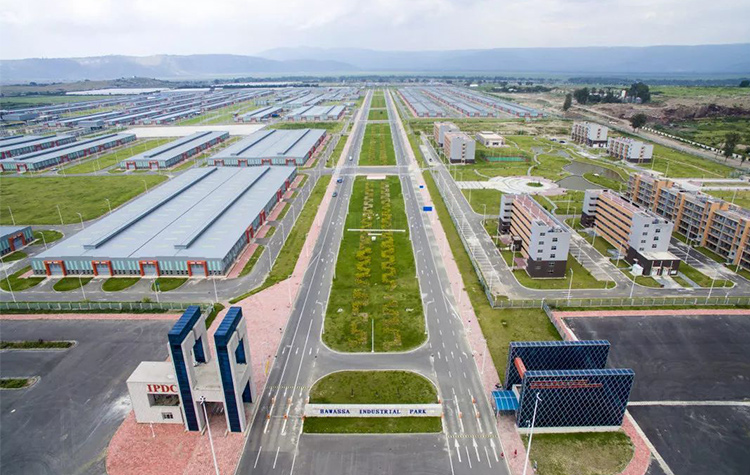
Hawassa Industrial park in Ethiopia
Vast industrial park
The government has established development institutes and supporting agencies, mandated to upgrade manufacturers’ capability, ensure and avail technical support, and enhance industrial learning. A dedicated industrial park is established in 270 hectares of land located within a 10-minute drive from Bole International Airport.
Educational opportunities
Currently, 12 Universities provide pharmacy degree programs focusing on therapeutic drugs and industrial development; specialised training on industrial pharmacy, regulatory and/or research and development are given in the four universities identified as Centre of Excellence for the pharma industrial development, these Universities are: Addis Ababa University, Mekelle University, Jimma University, and Adama Science and Technology University.

Mekelle University in Tigray region of Northern Ethiopia
Competitive and Comparative Advantages
Manufacturers can benefit from the country’s low cost of pharmaceutical labor. The cost of a utility is also lowest in the world with ~ 3 US cent/kWh with several support measures for hiring expatriate employees. The sector follows a centralized procurement system that is carried out by the Ethiopian Pharmaceutical Supply Agency (EPSA), the single procurer of pharmaceutical products especially human medicine, that gives out preference market access to local pharmaceutical companies and offer advanced payment of up to 30% of the value of orders, with 25% price preference. (In some cases, technical assistance and consultancy support are also given to help companies comply with international drug manufacturing standards)
Preferential market access for domestic pharmaceutical manufactures is augmented by bilateral and multilateral trade agreements including COMESA, IGAD, CFTA, and others in which harmonization of regulatory and procurement streamlined for export.
Fiscal and non-fiscal incentives are available for manufactures including customs, duties, and income tax exemptions, guaranteed repatriation of funds, bonded export facilities, and One-Stop-Shop Service under the Ethiopian Investment Commission for pre-establishment licensing, registration and post establishment after-care services.
Fiscal incentive
The government incentivises the manufacturers by declaring exemption from income tax up to 14 years for Active pharmaceutical ingredient manufacturers, 8 – 10 years for enterprises engaged in manufacturing of final drugs/ formulation, and up to 6 years for enterprises engaged in pharmaceutical packaging. There are applicable exemptions from duties and other taxes on imports of machinery, equipment, construction materials, spare parts, raw materials, vehicles, loss carryforward, and full export duty exemption for manufacturers.
Manufactures of pharmaceutical products are allowed duty-free import of capital goods and construction materials to facilitate in the establishment of a plant that adheres to the national General Manufacturing Practices guidelines, and for local manufacturing. Government is working towards setting an import tariff on non -Ethiopian Pharmaceutical Supply Agency imports to unify the advantages provided to local manufacturers in serving the domestic market; at the same time, applying the tariff only to non-EPSA imports ensures that EPSA can continue benefiting from the lower prices offered by domestic manufacturers.
Government as Partner
As part of its industry-led economy strategy, the Government of Ethiopia plays an active role in the promotion and facilitation of investments. Any investment will receive full support from the following institutions during the assessment, registration, commissioning, and operation of projects/investments.
- Ethiopian Investment Commission (EIC): facilitating organs for investors and manufacturers in business registration and licensing, investment aftercare services, providing investment incentives, and fast tracking investment partnerships including Joint Ventures.
- Ethiopian Food and Drugs Authority (EFDA)-is a regulatory body of the food and drugs sector responsible for drug registration, inspection, and surveillance, licensing of pharmaceutical manufacturers and importers, control of entry/exit of pharmaceuticals, quality control, and pharmacovigilance services.
- Industrial Parks Development Corporation (IPDC): a corporation under the EIC mandated to develop and administer industrial parks in Ethiopia, whereby allocation and management of manufacturing land at Kilinto Industrial Park are coordinated.
- Food Beverage and Pharmaceuticals Industry Development Institute (FBPIDI): recently established as an independent body mandated to provide all-round support to Food, Beverage & Pharmaceutical Industries & thereby accelerate technology transfer, achieve transformation & enable the industry to be competitive at international level. • Ethiopian Pharmaceutical Supply Agency (EPSA)-is a public body established to supply medical goods to all public health facilities and private institutions in Ethiopia having sourcing, warehousing, and distribution of health commodities as its core activities.
The pharma companies looking at new growth drivers within Ethiopia’s domestic and overall African market should capitalise on this growing opportunity. There was never a better time to invest in pharma manufacturing in Ethiopia. The Ethiopian Government is committed to making the country a manufacturing destination for global pharma companies.

Editor in Chief : Mewati SItaram



